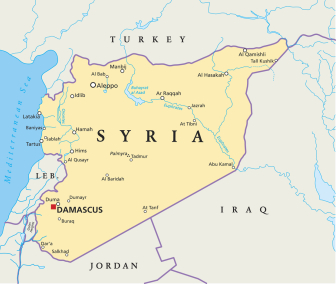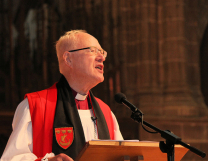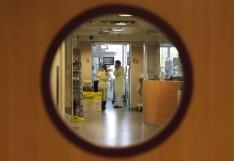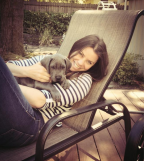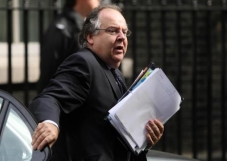
The European Court has rejected a bid to overturn the UK ban on assisted suicide and voluntary euthanasia.
Paul Lamb, a paralysed former builder and Jane Nicklinson, widow of the late Tony Nicklinson, who suffered from locked-in syndrome until his death three years ago, went to Europe in an attempt to change UK law on assisted dying.
They were attempting to use the European Convention on Human Rights to argue that a ban on assisted suicide in the 1961 Suicide Act should be overturned.
The court said in its written judgment: "In its decision in the case of Nicklinson and Lamb v the United Kingdom the European Court of Human Rights has unanimously declared the applications inadmissible. The decision is final."
Mr Nicklinson's daughter Lauren tweeted: "Assisted suicide is an issue that'll become more pressing everyday. It didn't die with dad & it won't be forgotten now our campaign is over."
Referring to those who travel to Switzerland to die by choice, she added: "Assisted dying must be addressed, the longer we export it to Switzerland the longer we prolong the cruel suffering of so many #righttodie."

The judgment does however leave open the possibility that a UK court might decide in future to legalise assisted dying.
The British Humanist Association, which campaigns in favour of assisted dying for the terminally ill and incurably suffering, intervened in support of the Nicklinsons and Lamb. Andrew Copson, the chief executive, said: "We are disappointed by today's decision which simply passes the buck back to the UK courts and Parliament but in the meantime it cruelly leaves those who are terminally ill or incurably suffering and have a settled wish to end their lives in a dignified manner unable to seek assistance to do so and instead forced to continue their lives in pain.
"We will continue to press this matter through the courts and in Parliament until one body or another recognises the rights of individuals like Tony and Paul to have their wishes fulfilled."
The UK Supreme Court dismissed the cases last summer but indicated the matter could be revisited if Parliament failed to do so. Lord Falconer's bill on the issue was not given enough time to progress and although a new Assisted Dying Bill is being proposed, it is also unlikely to get the time that would be needed to become law.
The European Court of Human Rights decided that in Jane Nicklinson's case the Supreme Court was entitled to make the decision that it did. In Paul Lamb's case, the court said the arguments put forward had not been fully considered by the domestic courts. Both decisions therefore leave the door open for further court challenges, the British Humanist Association said.
Dr Peter Saunders of the Christian Medical Fellowship said: "It is written, we shall not kill. Human beings are made in the image of God. They are incredibly precious. There is a general prohibition in Scripture against the taking of innocent human life. Jesus upheld the spirit of the law and as we know went beyond it in the spirit of love and self-sacrifice. This has provided not only the basis of the prohibition on killing the innocent, but the basis for the compassionate care and the hospice movement. We are called as God's people to make sacrifices and bear one another's burdens. One expression of that is how we spend our time and money finding alternatives to assisted suicide and euthanasia such as compassionate care."
